- NASA LunaRecycle Challenge Winner
- Circular Design for Extreme Environments
- Closed-Loop Design
- Advanced Manufacturing
- Digitized Construction
- Digital Twin Integration
- 3D Printing and Sustainable Material Innovation
- Lunar Construction
- Scalable Design
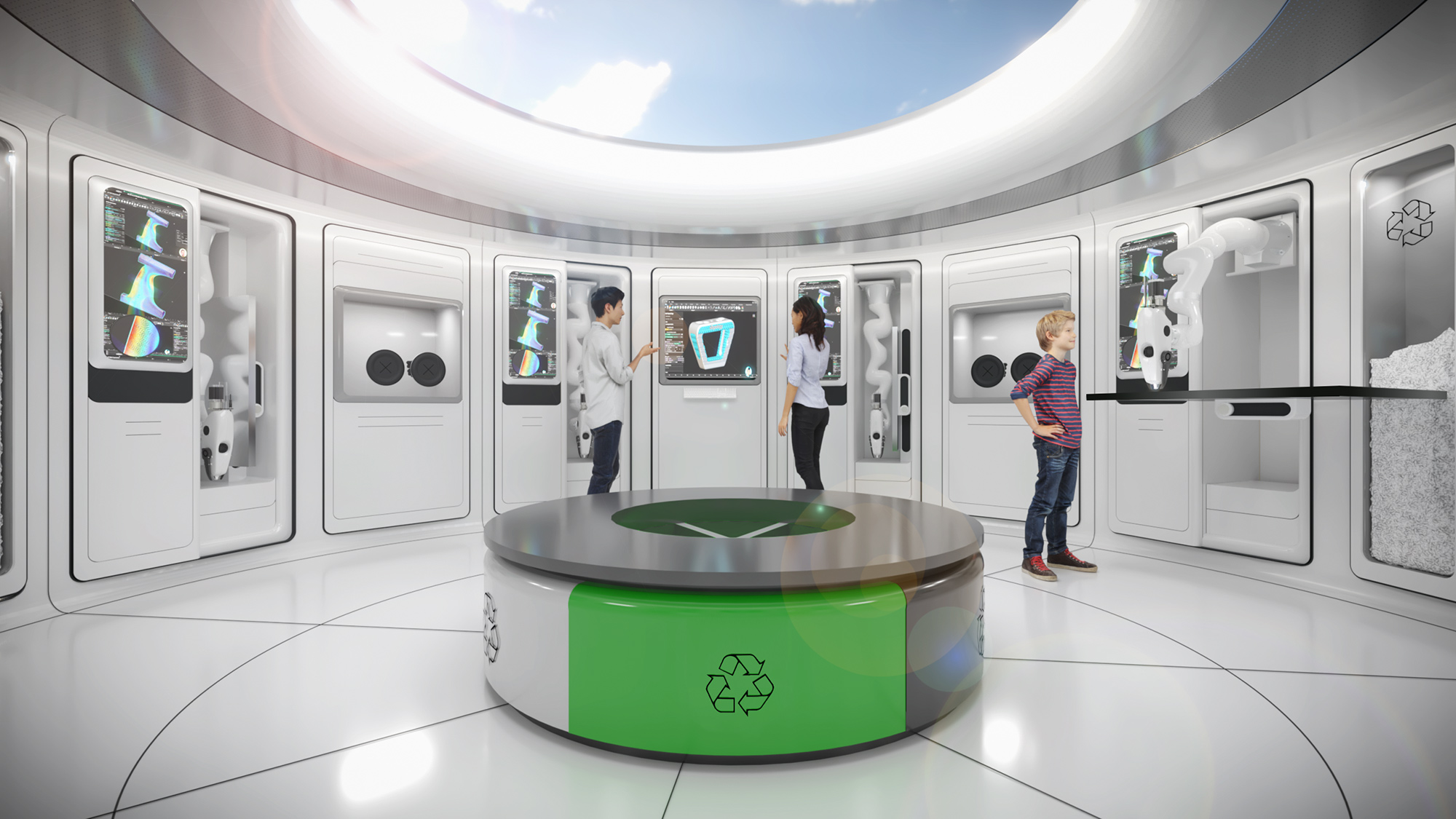
As space travel becomes more routine and the dream of lunar living inches closer to reality, the pressure to build sustainable systems off-world intensifies. At the same time, Earth is drowning in over 300 million tons of plastic waste each year. The NASA LunaRecycle Challenge gave us a unique opportunity to tackle both issues. We designed a solution for space that could also reshape how we recycle here at home.
reGen is a compact, modular 3D printing system that turns waste such as discarded foams and composites into mission-critical tools, furniture, and structural parts. The device uses robotics, 3D printing, smart sensors, and direct-shred tech to convert waste into new tools and mission-critical goods. Flexible enough for different environments and waste types, it’s a closed-loop solution that’s just as relevant on Earth as it is on the Moon.
Our entry for the NASA LunaRecycle challenge blends cutting-edge tech with radical sustainability. Remote diagnostics, real-time updates, and even holographic interfaces keep lunar operations running smoothly. Earth-based designers can send print designs or system fixes directly to space crews. Back on Earth, reGen enables efficient recycling practices in community-based manufacturing hubs. The result is less waste, more resilience, and a smarter way to build a circular economy from the ground up.
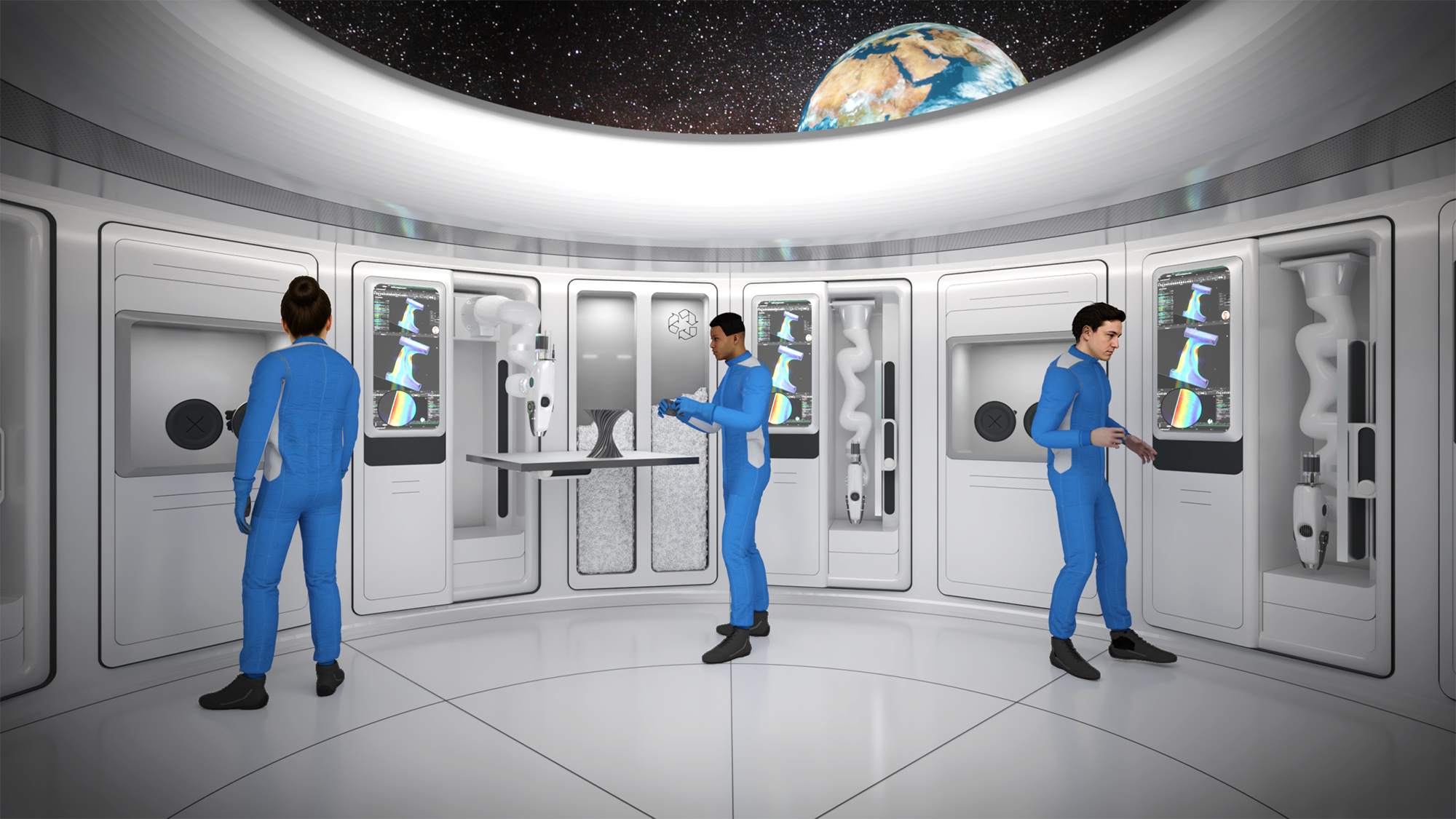
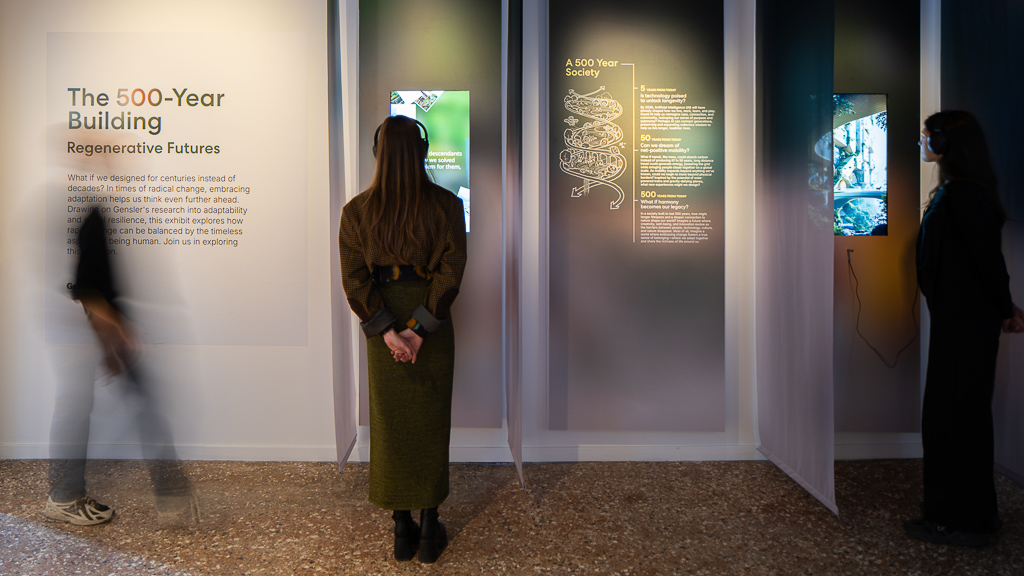
The 500-Year Building

Kharkiv Housing Challenge

Relativity Space Headquarters

The Engine at MIT
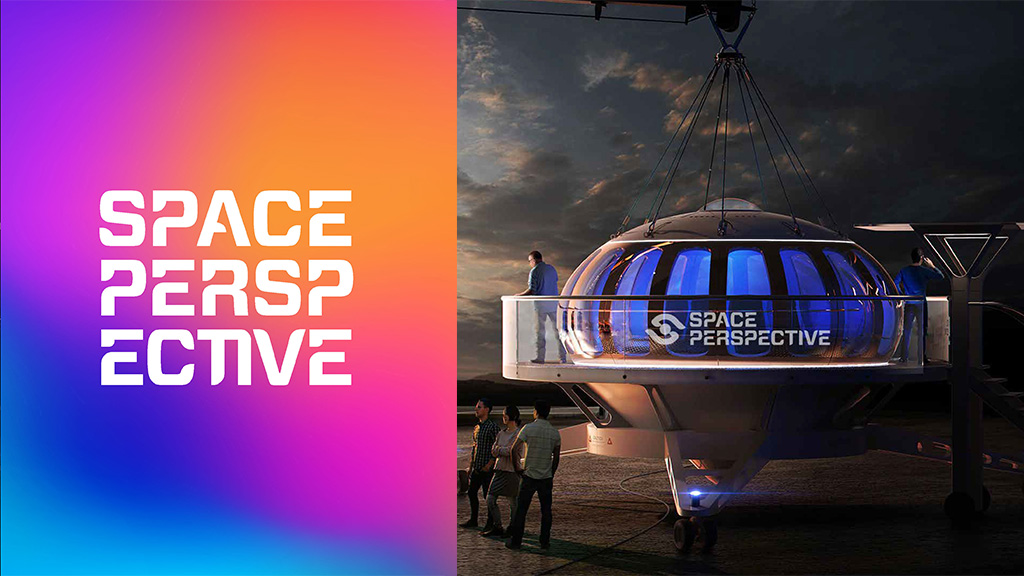
Space Perspective Brand Design

Verizon Innovation Center

Center for Device Innovation @ TMC

6 Trends Shaping Design in 2026

How Design Drives Innovation in Education & Science

The Future of Lab Automation: Opportunities, Challenges, and Sustainable Design Solutions

5 Trends Shaping Design in 2025
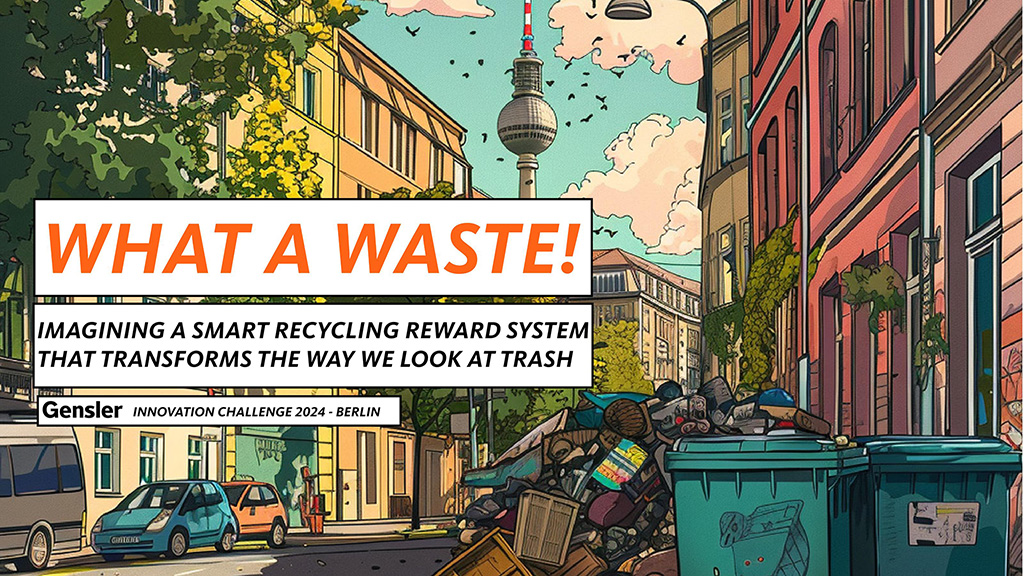
Imagining a Smart Recycling Reward System That Transforms the Way We Look at Trash

Designing for the Convergence of Science at The Engine
